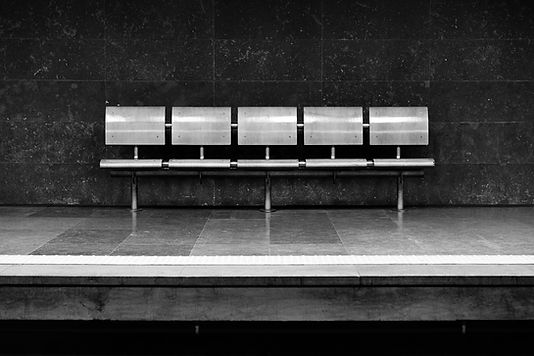The project aims to empower youth leaders and young educators /teachers, trainers/ with media literacy knowledge: how to differ the fake news from the real one, how to factcheck, how to choose a media source, how to compare the provided information – priority of EYF 1. C.
Young people are in the highest risk of being manipulated both politically and socially. Today we live in the digital world and digital devices affect our lives, the way how we proceed the information. In the era of internet, social media became one of the important media platforms, while all of the users became media creators and media customers.
We do believe that media literacy is not only key knowledge for personal development but also essential for the public good.
Media literacy is about to identify different types of media and understand the messages they're sending.
Young people take in huge amount of information from a wide array of sources, far beyond the traditional media (TV, radio, newspapers, and magazines); there are text messages, memes, viral videos, social media posts and comments, video games, advertising, and more. But all media has one common thing: Someone created it. And it was created for a reason. Understanding that reason is the basis of media literacy.
Being media literate means being able to access, analyze, and evaluate information, which we receive through media. Being media literate means being able to create media messages and to use the technology tools available to us. It means being able to think critically and speak confidently. If we have these media literacy skills, we are able to free our minds. We are able to make our own judgments and choices. And we are able to express our own views creatively and effectively.
- Phases -
Training Course
for young leaders
Campaigns on media literacy
Educational materials

The platform for media literacy and united youth

The project is implemented by the Federation of Youth Clubs of Armenia - FYCA

The project is financed and supported by the European Youth Foundation.





